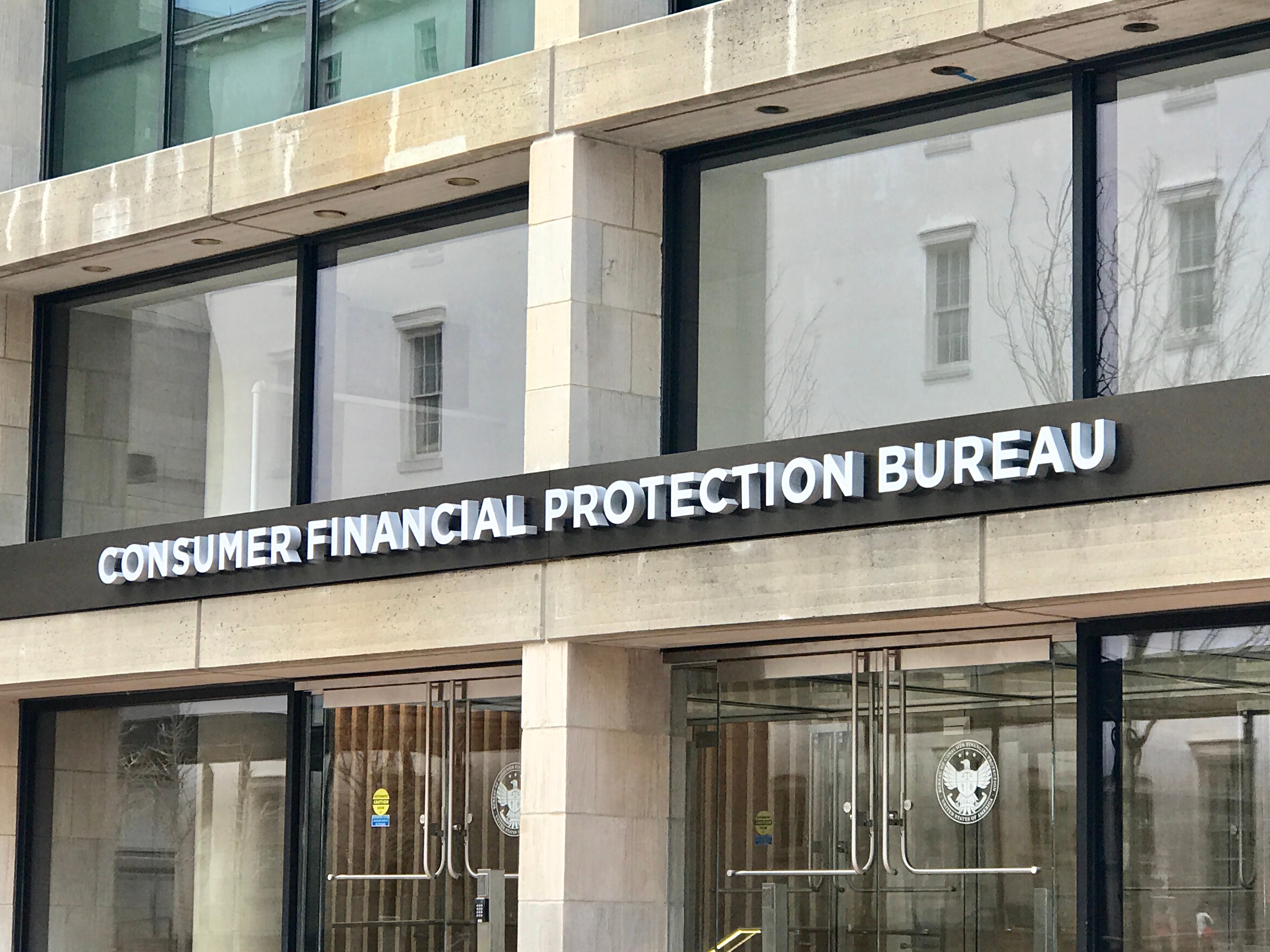CFPB examiners found that various banks’ procedures and policies caused many people to lose their benefits, such as stimulus checks, and be overcharged. At Globe Live Media we explain all the details
The Consumer Financial Protection Bureau in the United States (CFPB, for its acronym in English) published a report this Wednesday, November 16, about the legal violations incurred by banks and various financial institutions, which prevented their customers could not access stimulus checks and relief benefits or had overcharges on their accounts.
The CFPB examiners indicated that various financial institutions implemented policies and procedures that caused the loss of these benefits due to the practice of garnishments and automatically scheduled collections, for which they instructed the banks to issue refunds and change their processes.
Although the exact banks examined are unknown, you may soon be able to request a refund from your financial institutions, so keep an eye out for further pronouncements from the CFPB.
Separately, examiners also found that mortgage servicers overcharged consumers by not offering them the deferments contained in the Cares Act, which were designed to help homeowners during the COVID-19 pandemic.
The CPFB further found that consumer reporting companies continue to violate the Fair Credit Reporting Act (FCRA) by failing to report the outcome of their reviews of complaints received about inaccuracies in reports. consumer credit. As a result of these examinations, the companies have initiated a change in their policies, procedures and practices, to make the processing of these complaints more transparent.
This is a point of particular importance for American consumers, since inaccuracies in their credit reports can prevent them from having access to affordable financing or even jobs.
This is not exactly new news, since recently Equifax, TransUnion and Experian, three of the most important consumer reporting companies in the US, were accused of violating the rules when requesting credit scores from their clients.
Other irregularities found by the CFPB examination team were unfair and deceptive practices by financial institutions in relation to the issuance of loans to purchase automobiles, incurring surcharges; and illegal or unexpected “pay to pay” fees on mortgages, which have cost people billions of dollars, according to this federal regulator.

